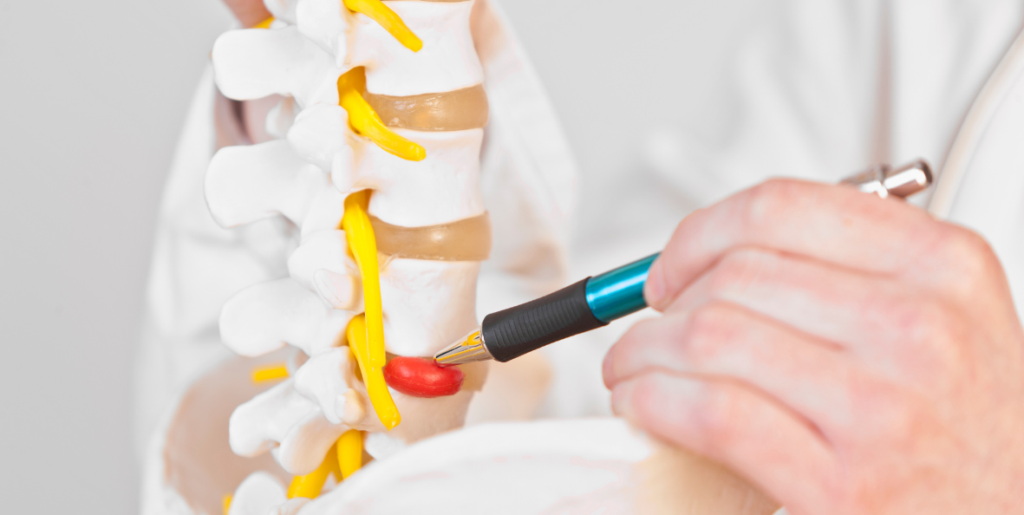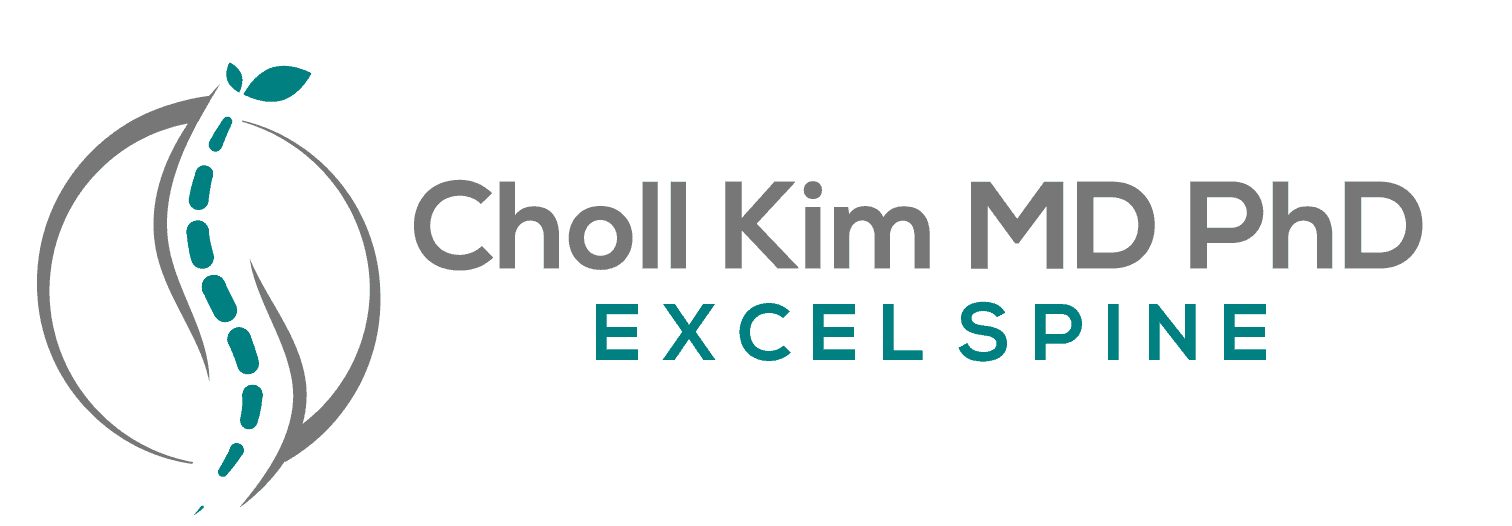

Understanding Disc Herniations: What You Need to Know
If you’re experiencing back pain, leg numbness, or weakness, you might be dealing with a disc herniation — a common but often misunderstood spine condition. At Excel Spine, we believe in educating our patients so they can better understand what’s going on with their spine and make informed decisions about their care.
Your spine is made up of a series of bones (vertebrae) cushioned by soft discs that act like shock absorbers. These discs have a tough outer layer and a soft, gel-like center. A disc herniation — sometimes called a “slipped” or “ruptured” disc — happens when the inner gel pushes through a weak spot or tear in the outer layer. This can put pressure on nearby nerves and cause pain, numbness, or weakness.
Click here to check out a short video of a huge disc herniation!!!
Common Symptoms of a Herniated Disc
The symptoms you experience depend on where the herniation occurs in your spine. The most common areas are the lower back (lumbar spine) and neck (cervical spine). Symptoms may include:
- Lower Back (Lumbar Disc Herniation):
- Shooting pain down one leg (sciatica)
- Numbness or tingling in the leg or foot
- Muscle weakness
- Neck (Cervical Disc Herniation):
- Pain that radiates down the arm
- Tingling or numbness in the hand or fingers
- Shoulder pain or weakness
What Causes Disc Herniations?
Disc herniations can result from:
- Wear and tear over time (age-related degeneration)
- Repetitive movements or heavy lifting
- Trauma or injury to the spine
- Genetics, which may make some people more prone to disc issues
Do All Herniated Discs Require Surgery?
Not at all. Many patients improve with conservative treatments such as:
- Physical therapy
- Anti-inflammatory medications
- Epidural steroid injections
- Lifestyle modifications and activity adjustments
However, if symptoms persist or worsen—especially if there’s significant weakness, loss of bowel or bladder control, or disabling pain—surgical treatment may be considered.
Advanced Treatment Options
At Excel Spine, we specialize in minimally invasive and endoscopic spine surgery. These modern techniques use small incisions, specialized tools, and high-definition cameras to remove the herniated portion of the disc with less disruption to surrounding tissue. That means:
- Less pain after surgery
- Faster recovery times
- Smaller incisions and minimal scarring
When Should You See a Spine Specialist?
If you’re dealing with persistent back or neck pain, or if symptoms like numbness, weakness, or radiating pain are affecting your quality of life, it’s time to get a professional evaluation. A proper diagnosis is the first step to getting relief.
Need Help with Back or Neck Pain?
Our team is here to help. Contact us today to schedule a consultation or explore a free MRI review to help you understand what’s causing your pain and whether you’re a candidate for advanced, minimally invasive treatment.
